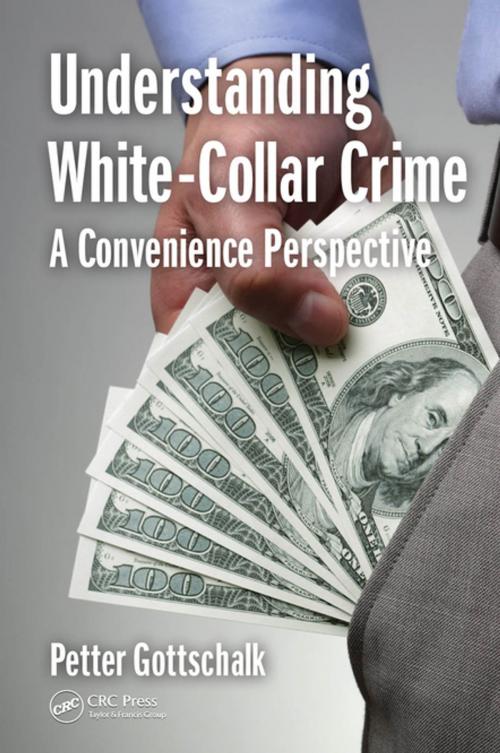Understanding White-Collar Crime
A Convenience Perspective
Nonfiction, Computers, Networking & Communications, Computer Security, Operating Systems, Application Software| Author: | Petter Gottschalk | ISBN: | 9781315350141 |
| Publisher: | Taylor and Francis | Publication: | September 19, 2016 |
| Imprint: | CRC Press | Language: | English |
| Author: | Petter Gottschalk |
| ISBN: | 9781315350141 |
| Publisher: | Taylor and Francis |
| Publication: | September 19, 2016 |
| Imprint: | CRC Press |
| Language: | English |
Understanding White-Collar Crime develops the concept of convenience as the main explanation for crime occurrence. Examining all three dimensions of crime—economic, organizational, and behavioral—the book argues that when white-collar crime becomes less convenient, crime rates will go down. By applying convenience theory to an empirical sample of convicted white-collar criminals, the text teaches criminal justice students and ethics and compliance practitioners to identify and understand how opportunity affects real-world criminal situations. Internal investigations of white-collar crime are discussed, and corporate social responsibility against white-collar crime is emphasized.
Understanding White-Collar Crime: A Convenience Perspective examines not only the theories behind white-collar crime, but also explores methods used in criminal justice investigations into corporate fraud, and emphasizes the importance of corporate social responsibility in reducing crimes of this nature. Criminal justice students and practitioners should not miss this close look into the world of white-collar crime.
Understanding White-Collar Crime develops the concept of convenience as the main explanation for crime occurrence. Examining all three dimensions of crime—economic, organizational, and behavioral—the book argues that when white-collar crime becomes less convenient, crime rates will go down. By applying convenience theory to an empirical sample of convicted white-collar criminals, the text teaches criminal justice students and ethics and compliance practitioners to identify and understand how opportunity affects real-world criminal situations. Internal investigations of white-collar crime are discussed, and corporate social responsibility against white-collar crime is emphasized.
Understanding White-Collar Crime: A Convenience Perspective examines not only the theories behind white-collar crime, but also explores methods used in criminal justice investigations into corporate fraud, and emphasizes the importance of corporate social responsibility in reducing crimes of this nature. Criminal justice students and practitioners should not miss this close look into the world of white-collar crime.















